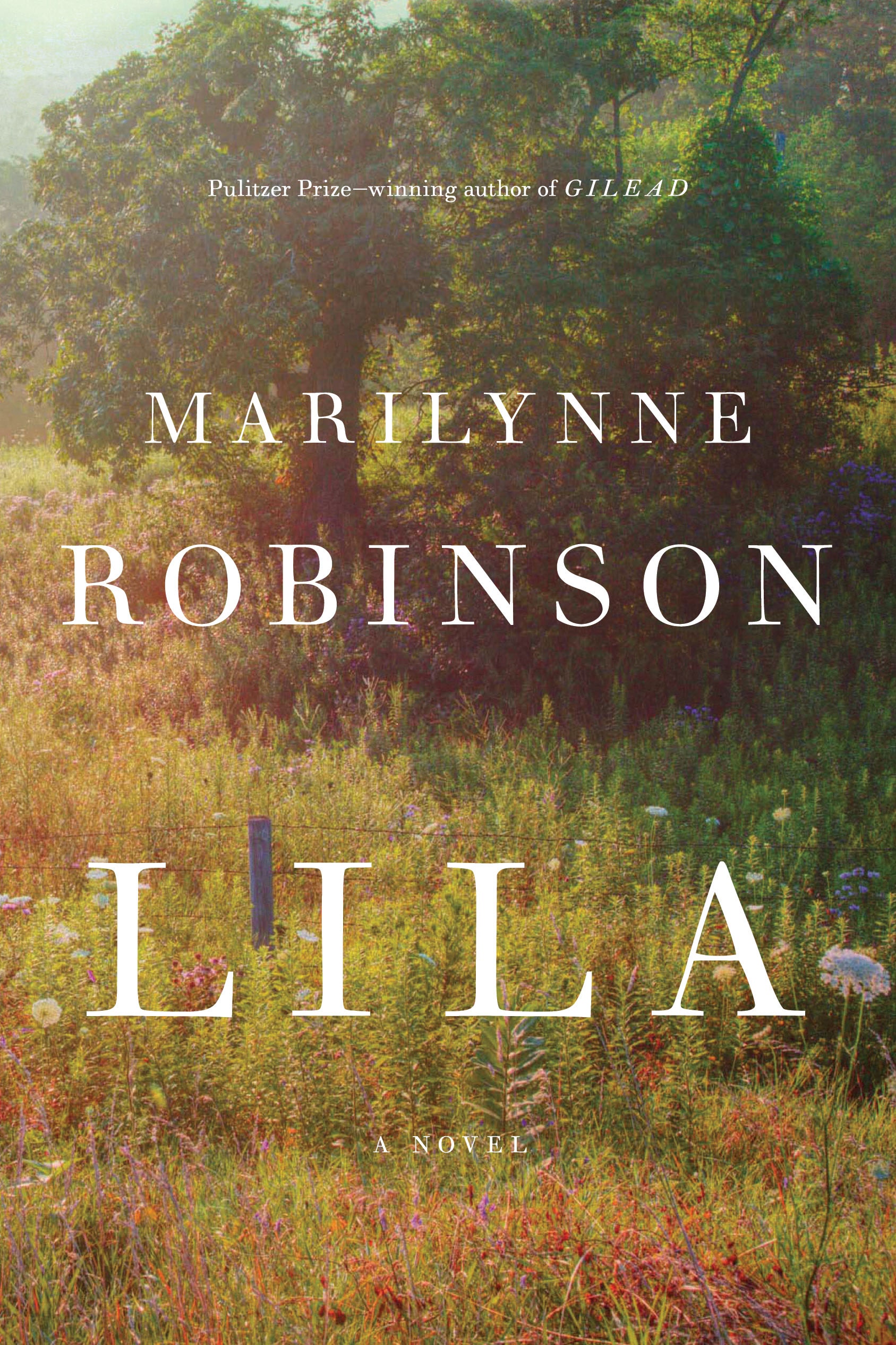In **Marilynne Robinson’**s third novel set in an imaginary town in the Midwest, a young woman appears, solitary and searching, her single prized possession the knife that belonged to the migrant drifter who raised her. Lila (FSG) is the story of a stranger’s unmaking—a process that, we understand from the outset, will not be without internal violence. First glimpsed in Gilead, we see here how Lila meets and falls in love with the widowed Reverend John Ames. To him, warily, she relays her story, challenging him to reconcile it with the tenets of his faith. Fiercely intelligent, Lila is Robinson’s most powerful character to date; her courtship with John, touchingly tender as they win each other’s trust, is the centerpiece of this masterly inquiry into the comforts and limitations of love. Via email, we discussed their connection—and what attracts her to characters who fall outside social conventions.
This is a love story, the best kind, in that both parties—Lila and John—are taken by surprise by their feelings for each other, and are changed by each other. Their intimacy holds the promise of a kind of redemption, but there’s pain in it, too. Where did you begin with imagining their love story? Did they surprise you?
The love story that unfolds in Lila begins for me in Gilead, in the scene where she says, “You ought to marry me,” and he says, “You’re right, I will.” That moment surprised me, but it felt like a point of fusion between the characters as I understood them, something beyond the mutual recognition they feel despite all differences. John Ames writes in Gilead about the startling privilege of really knowing someone, sensing a soul, which makes ordinary knowing feel slight and superficial. This is why love, like grace, puts loved ones beyond all the usual categories of admiration or disapproval, and experiences a kind of wonder in the fact of their being who they are, as they are.
Storytelling is at the heart of their courtship, and the way they honor each other’s backstories—Lila tending to roses on the grave of John’s first wife; John praying for Doll. In Gilead, John wrote down his story, a kind of testament, to leave to his son; by the end of this novel, Lila is thinking of everything she’s going to tell their unborn child. What is it about the act of storytelling—fiction writing—that draws you, and draws you back to these characters? Fiction is to nonfiction as holograph to photograph. It is in its nature to embody complexity, antinomy, anomaly, contrariety, depth. It can achieve a palpable tension that is much closer to reality than any kind of resolution. Any fiction can enrich language, can, that is, move in a new way beyond the customary limits of language, reconfiguring the world, proposing a new hypothesis. Nonfiction even at its best is linear by comparison. It can have an incisiveness that is enormously valuable. If it is conventional or ideological, as it is very often, it can be a perverse kind of fiction, its real nature disguised, unrecognized by writer and reader. All the religions demonstrate in their writings that story is the most stable medium of meaning. Complexity and multivalence give avenues to thought. In the case of my Gilead books, I do continue to feel that there are complexities I haven’t touched yet.
This book is really Lila’s, and the tension of whether or not she’ll be able to stay in Gilead and make a home. She always seems to have one foot out the door, and in this, she reminded me of Sylvie in Housekeeping. What interests you in people who are adrift and disconnected? Do you think this is a particularly American theme?
We do have the luxury of a vast piece of continent and the freedom to wander around in it. This is exceptional enough to put its mark on us. But my interest is really in characters whose identities are not created out of possessions and credentials. I guess this is a classic American figure, the stranger, often a hero and an avenger. My strangers are women, and I am interested in the heroics of the soul. I don’t see them as struggling to connect. They seem to me to be defined by other attachments that make social connection a thing they can’t quite aspire to.
Will there be another novel set in Gilead? What are you working on now?
I am working on lectures that will probably be included in my next essay collection. Gilead voices are still simmering in my mind. If one of them demands its book, I may well write it.

